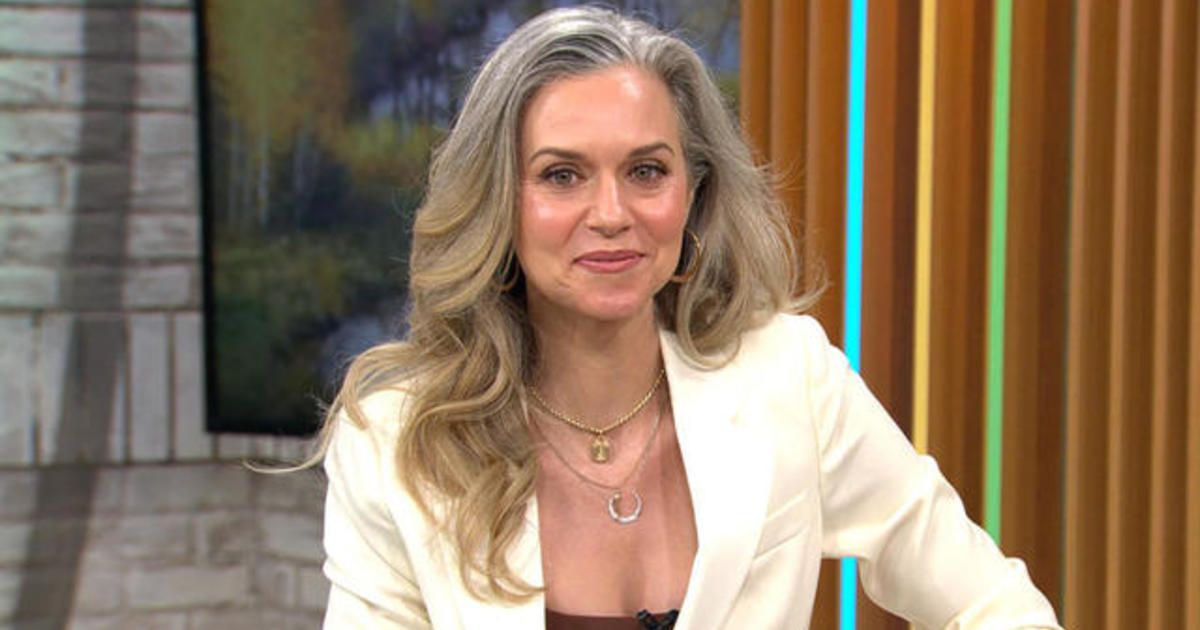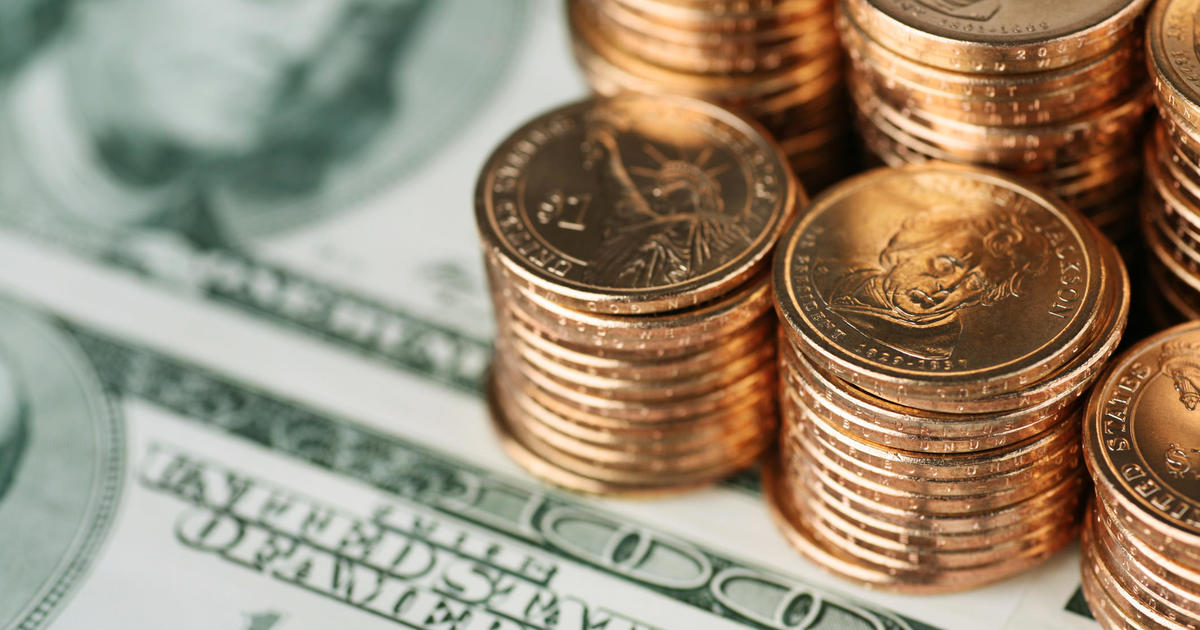Neglected minority-owned banks now attracting billions in funding
The U.S. government is giving billions of dollars to minority-owned banks with an aim of helping to revitalize low-income communities in cities like Atlanta, Detroit and New Orleans. Some of the nation's largest financial institutions are also pitching in, recently commiting about $140 million to banks of color.
Minority Depository Institutions, or MDIs, have received $50 million as part of Bank of America's billion-dollar commitment last year to enhance racial equality, as well as $50 million and $40 million investments, from Wells Fargo and JPMorgan Chase, respectively, as part of similar pledges to support underrepresented communities.
Executives from big U.S. banks say they're investing in MDIs because community financial institutions are seen as the gatekeepers of loans and funding that stimulate economic growth in Black and Hispanic neighborhoods.
"The country's MDIs are vital to minority communities, but over the last two decades, many have declined or have closed," William Daley, vice chairman of public affairs at Wells Fargo, said in a statement last week.
Contributions from some of America's biggest banks are noteworthy because they have long drawn fire for not doing enough to invest in communities of color. Critics also point to some Wall Street firms' record of marketing risky home loans in minority communities before the 2008 financial crisis and for improperly foreclosing on many homes in predominantly minority neighborhoods after the housing crash.
The contributions also come at a time when Americans are placing higher scrutiny on corporate America to play its part in combating racial inequality. In the months proceeeding George Floyd's murder last year in Minnesota, companies announced plans to help communities of color either through targeted hiring or funding to racial justice organizations. Banks have decided their best option is to infuse smaller banks of color with extra cash.
Lending through trusted brands
For MDIs, the tens of millions of dollars in investments means that they can offer more loans and banking services to communities of color, said Brian Lamb, global head of diversity and inclusion chief at JPMorgan Chase. That surge in cash is part of Chase bank's larger plan to help close the nation's racial wealth gap, Lamb told CBS MoneyWatch.
"Our dollars ultimately create scale and impact in the community through banks that are trusted and well-respected by small businesses and Black consumers," Lamb said.
Some of the money from large banks has already been sent to MDIs, while other portions will be distributed via an application process. MDIs that have received contributions include Liberty Bank in Louisiana, Commonwealth National Bank of Alabama and Carver Federal Savings Bank of New York.
The recent focus on funneling millions into minority-owned banks stems from an awareness by large banks of the reputation for trustworthiness those institutions have established within their communities, sometimes over decades, said Gregory Fairchild, a business professor at the University of Virginia and expert in the field of community development finance.
MDIs typically don't have nationwide branch networks. Instead, they operate in cities with large minority populations and market themselves as the friendly local option for banking, Fairchild said. In doing so, MDIs have garnered loyalty among customers in Asian, Black and Hispanic communities, he said. That community-based trust has made MDIs the industry leaders in lending to people of color, Fairchild said.
MDIs have kept their reputation in the banking world throughout the years despite their numbers falling since 2001, Fairchild said. Large banks that don't share the same positive relationship with communities of color are therefore using MDIs to reach out to them because "it's easier to just give to banks already there," he said.
"Over the last year, a number of organizations have awakened to the structural bases of racial inequality," Fairchild said. "Whether the recent inflow of funds is a response to this awakening is unknown. What is clear is that it is coming at the right time."
The federal government is also pumping billions of dollars in minority-led banks. The Treasury Department in March announced it is investing $9 billion in community development financial institutions (CDFIs), as well as MDIs, calling the effort "a new initiative designed to support access to capital in communities traditionally excluded from the financial system."
"These are institutions that Congress recognized as having the ability to get to communities of color," a Treasury official told CBS MoneyWatch, adding that the $9 billion marks the largest amount minority banks have ever received in federal assistance.
The money can be used by banks to offer grants, loans or loan forbearances to minority-owned businesses and struggling individuals. The first round of funding will be released this summer, the Treasury official said.
Banks of color, specifically Black-managed ones, have struggled in recent history with adding new customers and attracting the large amounts of capital it takes to lend money in low-income areas. That's one of the largest reasons why some of them have shuttered.
But now with more capital to deploy, MDIs must now "strengthen their brand exposure," Fairchild said. That likely means boosting their marketing efforts to convince consumers that MDIs' auto loans, credit cards, savings accounts and other services are competitive with other banks' offerings.
Carver Bank will use the added attention to highlight its work, CEO Michael Pugh told CBS MoneyWatch.
Carver has invested $23 million in women and minority entrepreneurs in recent years and plans to do more of the same with the extra funding from Chase, Pugh said. The Chase investment also has allowed Carver to add more staff to its small business lending department and revamp the bank's website.
"What I'm most excited about is that we will be able to use this capital to help with small business lending and product expansion in order to retain and grow the relationships with our customers," Pugh said.




